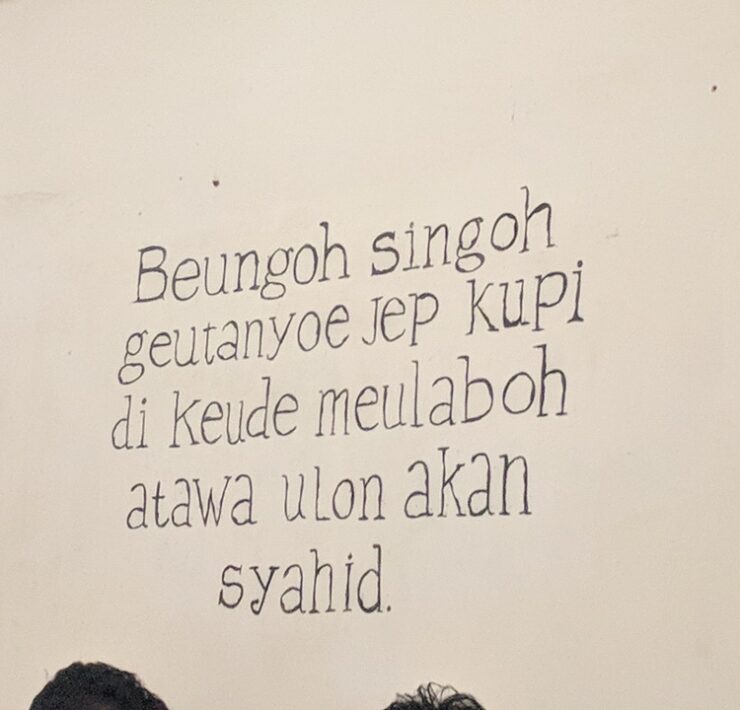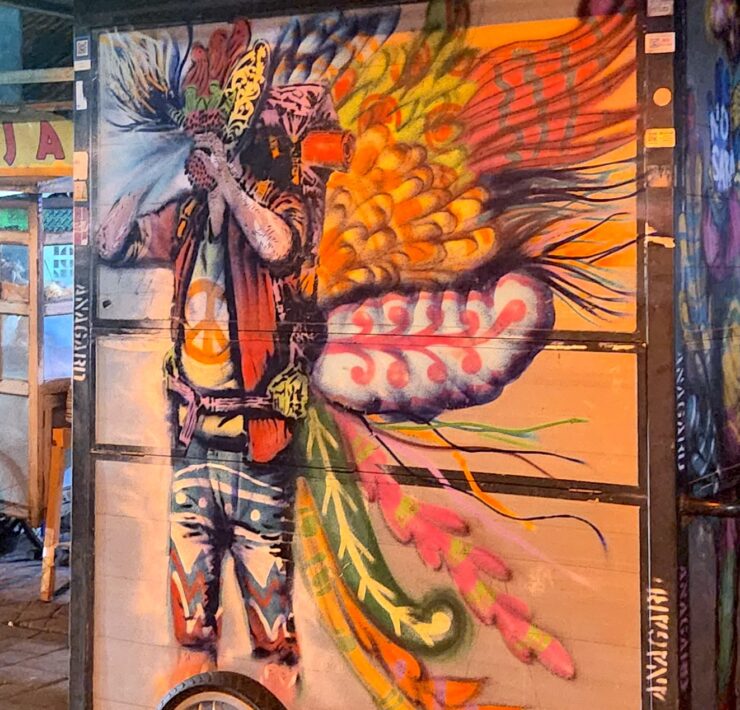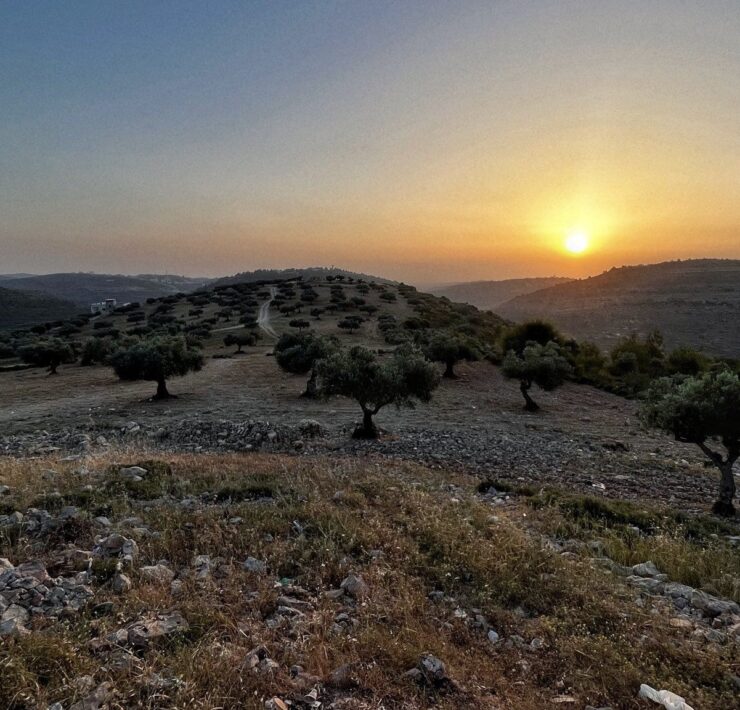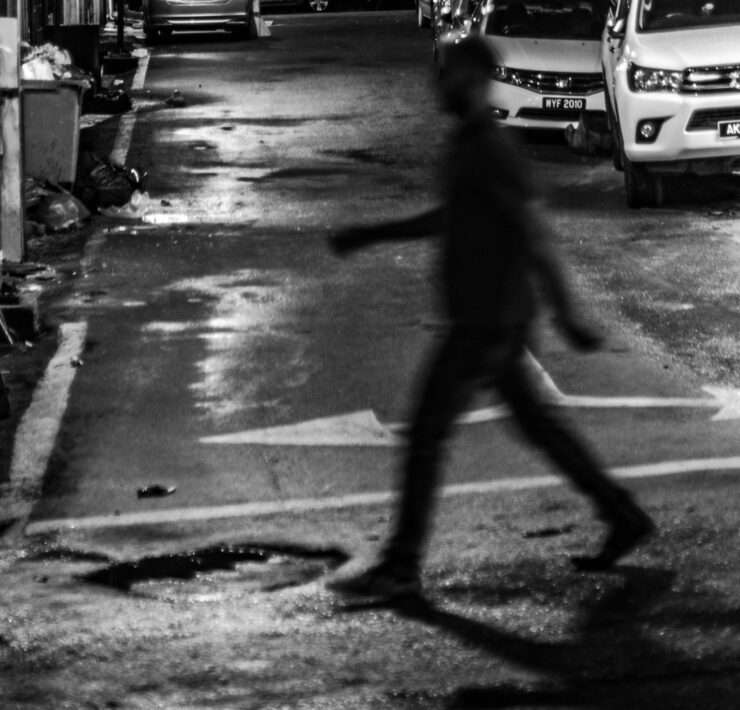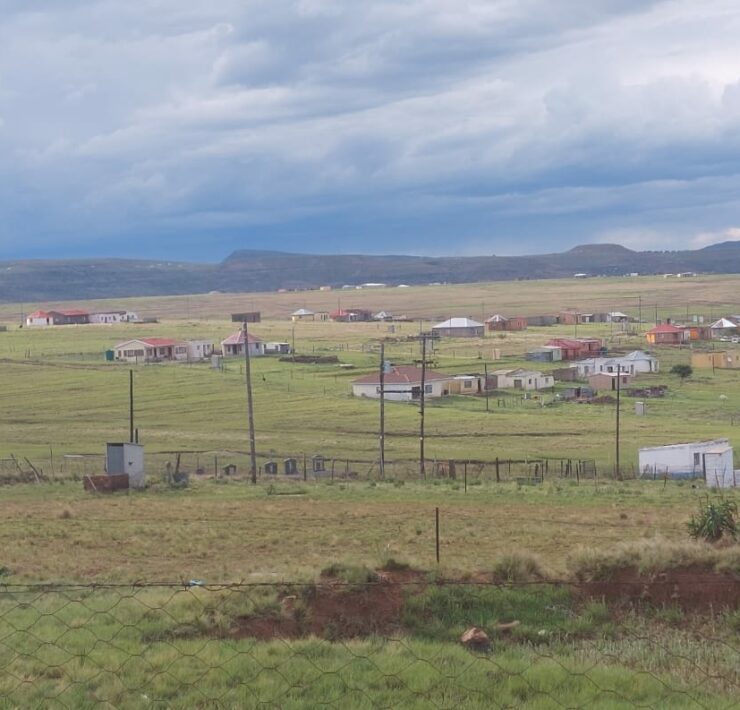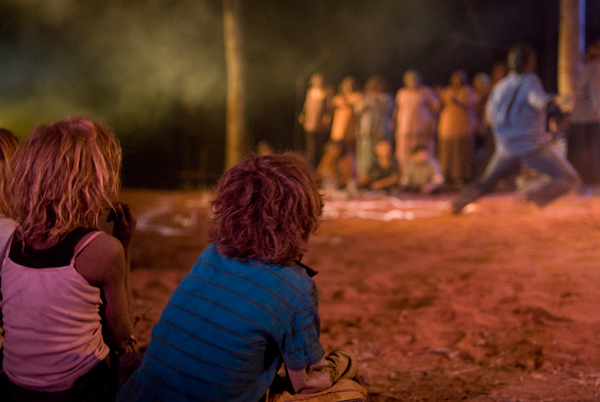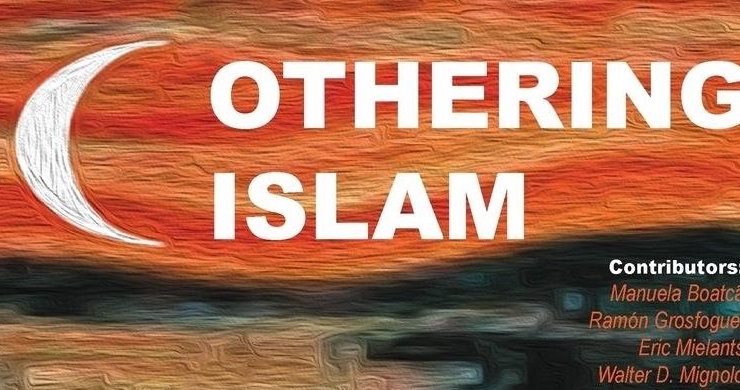What does anthropology, burdened by its own colonial history and currently undergoing its own decolonisation, have to offer to decolonial scholarship? It is irrefutable that anthropology, for much of its history, was…
Volume 3, Issue 1&2: Borders
When I first left my family home, my father offered me a sentence that travelled with me more faithfully than any suitcase: Ya gharīb kūn adīb - ‘O stranger, be adīb.’ I…
The indeterminate place of the borderzone holds a radical potential to emphasise subaltern (women’s) resistances. Chicana thinkers such as Gloria Anzaldúa (1987) and José David Saldívar (1997) define the borderzone as an…
My personal and academic experiences have been shaped by movement from the Arab region, to Europe and the UK, and then to Southeast Asia. Since relocating to Singapore in 2022 I have…
It is often easier to define and communicate the definition of a concept by what it is not. This is particularly the case for a concept that speaks to a potentiality, a…
Adrienne Rich in Burning paper instead of children once said 'This is the oppressor's language yet I need it to talk to you.' As a person descended from Indian migrant parents, one…
Volume 2: Issue 2: Ecologies
Architect Samia Henni's edited book Deserts are not Empty is part of a major research and exhibition project on colonial toxicities that uncovers the not-very-well-known story of France detonating atomic bombs in…
Aka Hansen’s film Qulleq shows how to light and tend a qulleq. In Kalaallisut, the word means ‘lamp’ or ‘above’, as Aka explained to me, but in this case it refers specifically…
Multilingual education is one way to transform the South African (SA) Education system from historical biases that have privileged white English and Afrikaans children. As a South African academic specialising in multilingual…
Since the evening of our meeting, morning for most of its other participants, summer has come to Kobe. The rainy season was later than usual this year - although that is becoming…
A few weeks have passed since our encounter in Reading Decoloniality, – so tender, new/old/ancient threads, faces familiar from faraway territories in my memory, faces new yet recognisable. I turn to my…
Volume 2, Issue 1: Practice
I am a South African academic and diversity expert whose transdisciplinary work has shown the power of decoloniality as practice. In my journey leading institutional journeys of change in academia via curriculum…
If we are ‘pregnant with culture’, one of the powerful metaphors of Samuel Ravengai’s Afroscenology, then how can we select from and navigate between the inhibiting and transformational aspects of culture when…
Today we launch the next contribution to our series of feature length films, documentaries and performances practising decoloniality, released on a quarterly basis. Navigate through my video introduction and film excerpt, clicking…
Where is home? Is it the motherland, the left-behind world of birthplace and ancestry, or is it the strange but fresh landscape of possibility and promise? Which language articulates the private self, which…
This is the first in our series of feature length films, documentaries and performances practising decoloniality, released on a quarterly basis. I have curated these artistic works based on the quality and…
Volume 1, Issue 1&2: Critique
In my recent monograph, Continuous Pasts: Frictions of Memory in Postcolonial Africa, I argue that the colonial enterprise is a memory enterprise and that colonialism, among other things, is an attempt at…
Within this reading group led by Ramón Grosfoguel, he will articulate a decolonial approach to modernity in the face of a Eurocentric approach. He will define modernity and discuss its relationship to…
Our objective for this session is to delve into critiques of decoloniality. For Tuck and Yang, decolonisation should not be a metaphor (2012). Their treatise is persuasive considering that academics are eager,…
The third chapter of Sanjay Sharma’s Multicultural Encounters (2006), ‘Teaching Difference: Representations and Rhizomes’, proposes media-based contemporary culture as pedagogical practices for students to discursively shape and make their everyday identities. By analysing…
Pre-publication reading groups
Adam Mckeown's book Melancholy Order poses an important historical intervention in the emergence and consolidation of global border regimes. In particular, our reading group discussed how the modern state monopoly on what constitutes…
A term that has gained recent considerable attention in recent years is ‘epistemic decolonisation’. Epistemic decolonisation is defined in different ways, some of which are explored for application in the specific African…
In this session, Reading Decoloniality members read the introduction to Joseph-Gabriel’s Reimagining Liberation, as well as Chapter 5, 'Aoua Kéita: Rural Women and the Anticolonial Movement in Femme d’Afrique: La vie d’Aoua…
I suggested reading this short article to the reading group due to my interest in exploring research which seeks to differently conceptualise the Gulf region. Terminologies which echo imperial interests have been…
I selected the original text Ch’ixinakax utxima: Una reflexion sobre practices y discursos colonizadores [on practices and discourses of decolonisation] by Bolivian Mestiza Sociologist Silvia Rivera Cusicanqui for this reading group, offering the English…


